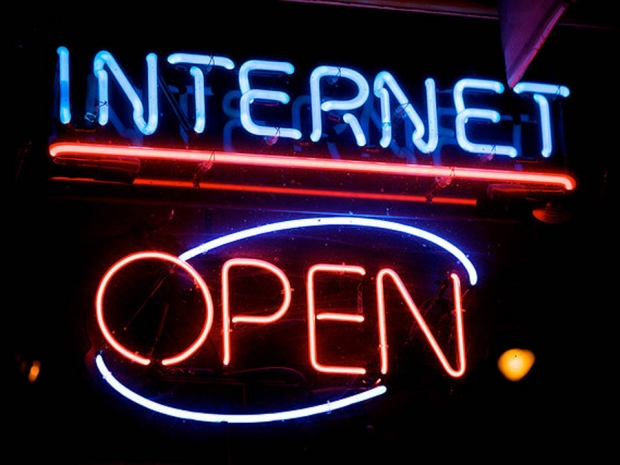Now, the two companies have given somewhat calculating and defensive statements about how the practice does not interfere with competition laws or existing congressional precedents.
Zero-rating is the practice of not charging customers for data from specific applications while using limited or metered plans. In this method of “paid prioritization,” any content consumed through apps that are accessed through a wireless provider’s own app store are usually offered free of charge, without the same bill shock associated with going over a monthly data plan limit.
In November, the FCC told AT&T that it had serious concerns about the company’s use of zero-rating for its new DirecTV Now IPTV streaming service. The satellite alternative offers over 100 channels for just $35 per month and relies on a downloadable app (DirecTV Now) that can be found on many mobile devices, set-top boxes or Smart TV app stores to access content. Moreover, the app happens to be zero-rated, allowing mobile users to stream unlimited amounts of data from TV channels without having it count against their data caps.
AT&T responded by saying that the data exemption benefits consumers, while noting that the FCC currently has no “hard-and-fast rules” in place condoning the practice.
The FCC then sent a pair of letters at the beginning of December warning that zero-rating practices “inhibit competition, harm consumers, and interfere with the ‘virtuous cycle’ needed to assure the continuing benefits of the Open Internet.” The agency argued that the practice is simply too expensive for rivals that are not affiliated with AT&T or Verizon to create similar sponsored data programs.
One of the letters had a particularly striking example of how unaffiliated mobile video providers end up footing ridiculously large fees for customers who don’t even stream all too often. One paragraph suggested the following example:
“An unaffiliated mobile video service provider would have to pay AT&T $16 a month to offer zero-rated service to a customer who uses just 10 minutes of LTE video per day, increasing to $47 for a customer using 30 minutes per day. These costs alone would represent 46 percent to 134 percent of DIRECTV Now's $35 retail price. By contrast, AT&T incurs no comparable cost to offer its own DIRECTV Now service on a zero-rated basis.”
The agency gave AT&T and Verizon until December 15th to respond to its concerns over zero-rating and net neutrality practices, to which AT&T responded that ending its sponsored data program would “weaken DirecTV Now’s potential to disrupt the cable-dominated pay-TV marketplace.” Verizon, on the other hand, responded that its own FreeBee Data 360 service is simply following precedent of “well-established telecommunication and competition laws” and is in no way harming consumers or competition.
The FCC’s objections and the following corporate responses come during a time when the agency is preparing for several key leadership changes. A few days ago, FCC Chairman Tom Wheeler announced his resignation in advance of the incoming presidential administration, while Democrat-appointed commissioner Jessica Rosenworcel’s term ends on December 31st. For the next few weeks, Republican commissioner Ajit Pai is expected to be the named interim chairman following Wheeler’s departure and has also been considered a nominee for the position.
Joan March, AT&T’s Senior VP of Federal Regulatory, has also claimed that the FCC’s Wireless Telecommunications bureau “may not take unilateral action against Data Free TV because doing so would contradict existing Commission precedent” given the impending change in presidential administration.




